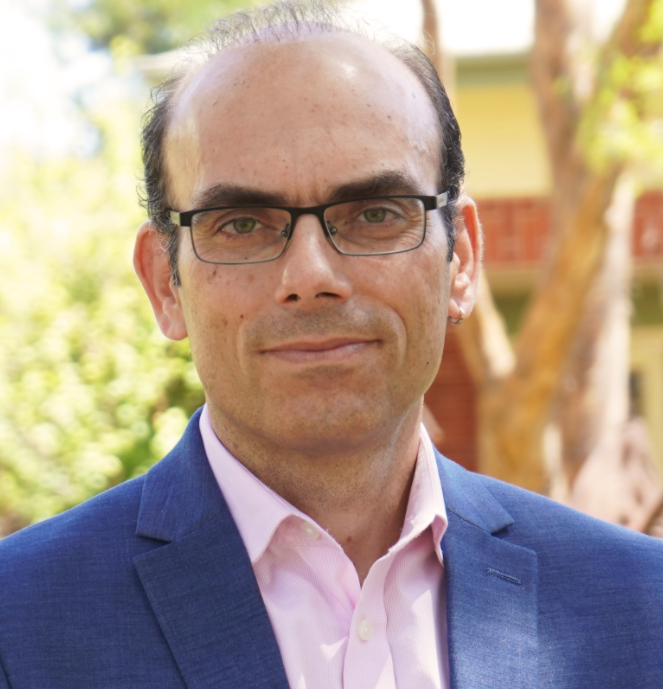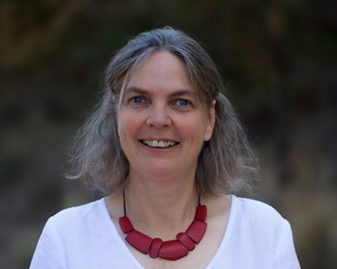Healthy-Air

|
About the lead researchers
The project is led by the University of Canberra (Health Research Institute) and the University of Tasmania (Menzies Institute for Medical Research). It also involves the University of Sydney (University Centre for Rural Health, and School of Pharmacy) and the Australian National University (Centre for Arab and Islamic Studies, and National Centre for Epidemiology and Population Health). It is also supported by Dyson. It is led by Professor Sotiris Vardoulakis and Professor Fay Johnston. Professor Sotiris Vardoulakis University of Canberra Professor Sotiris Vardoulakis heads the HEAL Global Research Centre at the Health Research Institute of the University of Canberra. He is the Director of the NHMRC Healthy Environments and Lives (HEAL) National Research Network. Previously he was Director of Research at the Institute of Occupational Medicine in Edinburgh, Head of the Environmental Change Department at Public Health England, and Professor of Global Environmental Health at the Australian National University. He has a PhD in air pollution and his work focuses on sustainable solutions to protect human health from climate change, air pollution, temperature extremes and other environmental and occupational hazards. He has led the development of factsheets and communication tools on bushfire smoke and health protection for diverse population groups. Professor Vardoulakis leads the Healthy-Air project and provides expertise in environmental health, air pollution and risk communication. Professor Fay Johnston University of Tasmania Professor Fay Johnston heads the Environmental Health Group in the Menzies Institute for Medical Research at the University of Tasmania. She is also a medical advisor for Public Health Services in the Tasmanian Department of Health. She has specialist qualifications in public health and general practice, and a PhD in environmental epidemiology. Her research focuses on public health and clinical impact of smoke from bushfires and planned burns, long-term health implications of early-life exposure to severe air pollution and interventions to reduce public health impacts of severe smoke episodes. She led the development of AirRater, the world’s first air quality and allergy monitoring system. Professor Johnston co-leads the project and provides expertise in environmental epidemiology, public health, and general practice. We would also like to acknowledge the full team including Assoc Prof Veronica Matthews, Professor Karima Laachir, Professor Bandana Saini, Dr Nigel Goodman, Dr Penelope Jones, Dr Ginny Sargent, Dr Nicolas Borchers Arriagada, Dr Sharon Campbell, Dr Erin Walsh, Danielle Cameron. Project Status: In progress, commenced 2023 Grant Type: Translation grant |
We understand that people living with asthma need better tools and advice to help them reduce the amount of air pollution they breathe.
That’s why we have funded the University of Canberra to create resources to do just that!
About the research
The research team will hold focus groups and interviews to understand the needs of people living with asthma, healthcare professionals and policy makers. They will use these insights and scientific evidence to create resources with practical advice. This advice will help people to reduce their exposure to air pollution.
Resources will include fact sheets, infographics, podcasts and online courses, and will be available for both people with asthma and health professionals. There will also be resources specifically for people from Aboriginal and Arabic-speaking backgrounds.
The research team will also use the insights to seek to influence policy and government decisions, especially those related to air quality information, which will help people with asthma protect themselves from air pollution.
“This project will contribute to tangible benefits for people with asthma, particularly those living in bushfire smoke affected and socio-economically marginalised communities. Building on a strong foundation of existing work, we will develop culturally appropriate communication tools and innovative educational materials that resonate with community and health professionals.” – Professor Fay Johnston
Why was funding the research important?
Air pollution comes from many sources, such as bushfires, cars and wood heaters, and affects our health in multiple ways. For people living with asthma, this air pollution can irritate the lungs and airways, triggering symptoms and asthma attacks.
The impact of air pollution was highlighted by the 2019/20 bushfires, with around 10 million Australians exposed to unprecedented levels of bushfire smoke. The smoke alone was responsible for an estimated 417 excess deaths, 3,151 hospitalisations for respiratory and cardiovascular problems and 1,305 presentations to emergency departments with asthma.1
This long period of extreme air pollution highlighted the need for clearer, more accessible, practical, and better-targeted air quality and health advice.2 This is even more important for people with pre-existing conditions, socio-economically marginalised groups or people who require communication in different languages.
“We are all exposed to air pollution in our daily life, but people with asthma are at higher risk to develop symptoms even at moderate levels of pollution. As highlighted by the Black Summer bushfires and other periods of poor air quality, there remains a critical lack of accessible tools, resources and advice empowering people with asthma to effectively reduce their exposure to air pollution. This project will address this urgent need for practical and culturally appropriate resources that will help people with asthma to breathe cleaner air.” – Professor Sotiris Vardoulakis







